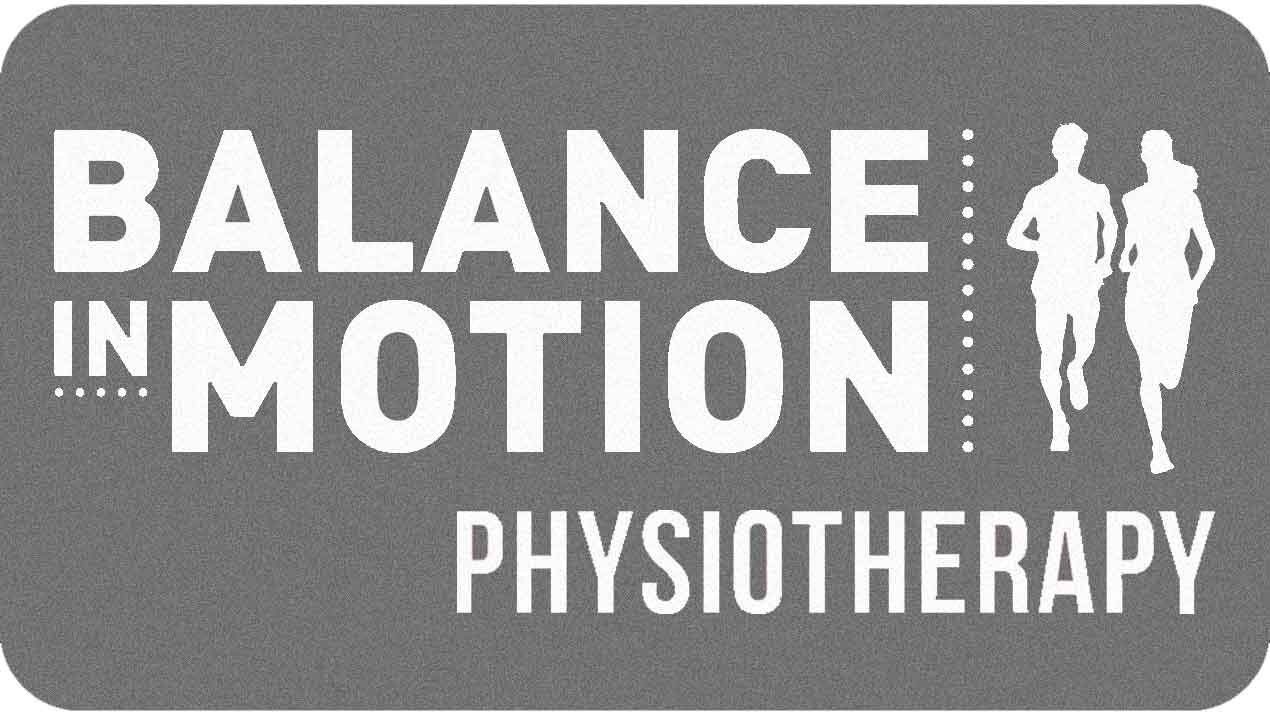Why Pre-Operative Physiotherapy is Essential for a Faster Recovery
/When faced with the prospect of surgery, most of us focus solely on the procedure itself and the rehab and recovery process that comes after. However, one of the most overlooked aspect of surgery preparation, in my opinion, is pre-operative rehab. While it may seem like something for post-surgery, pre-operative rehabilitation can play a vital role in enhancing the outcome of your surgery and ensuring a smoother, and possibly even a faster recovery.
What is Pre-Operative Physiotherapy?
In pre-operative physiotherapy, also known as prehab, the goal is to prep the body physically for surgery, usually by strengthening the muscles and joints surrounding the surgical site with an exercise program and this will also help with neuromuscular control of the area.
Pre-operative physiotherapy can include:
Strengthening Exercises: Targeting muscles around the affected area to improve strength and function.
Stretching and Mobility Exercises: Increasing flexibility and range of motion to enhance joint and tissue movement.
Education on Post-Surgical Care: Learning techniques to aid recovery, such as proper movement patterns and safe exercises.
Cardiovascular Fitness Training: Improving overall fitness to support the body during surgery and aid in a quicker recovery.
Why Is Pre-Operative Physiotherapy Important?
Improves Strength and Function
One of the primary benefits of pre-operative physiotherapy is that it helps to strengthen the muscles and improve the function of the affected area. Whether it’s the hip, knee, shoulder, or back, strong and flexible muscles surrounding the surgical site can significantly reduce post-surgical pain and complications.
Reduces the Risk of Complications
Research shows that individuals who participate in pre-operative physiotherapy are less likely to experience complications such as blood clots, joint stiffness, and muscle weakness post-surgery. By improving circulation, flexibility, and overall body function before surgery, the body is better prepared to cope with the stress of the procedure and the healing process afterward.
Faster Recovery and Shorter Hospital Stays
Patients who undergo pre-operative physiotherapy tend to recover faster after surgery. A stronger body is better able to handle the stress of surgery, leading to less pain, fewer complications, and an overall quicker return to daily activities. This means shorter hospital stays and a faster return to independence.
Better Surgical Outcomes
Studies have shown that pre-operative physical conditioning can directly influence the overall success of surgeries, particularly joint replacements, spine surgeries, and ligament repairs. The combination of stronger muscles, better joint flexibility, and improved cardiovascular health results in better post-operative outcomes and higher success rates for patients.
What Does a Pre-Operative Physiotherapy Program Involve?
A typical pre-operative physiotherapy program will vary depending on the type of surgery and the individual needs of the patient. However, some common elements include:
Assessment
Your physiotherapist will start with a thorough assessment, which may involve evaluating your posture, strength, flexibility, and the overall function of the area that will be treated and areas surrounding this. This helps determine the best exercises and techniques to target your specific needs not only for the surgical area but others as well.
Exercise Prescription
Based on the assessment, the physiotherapist will design a customised exercise program that may include strengthening exercises and mobility drills. The aim is to build up the muscles surrounding the area and to improve function.
Education
Understanding what to expect before, during, and after surgery can make a world of difference. Physiotherapists often provide patients with information on post-surgical movement patterns, safety precautions, and ways to care for the surgical site during recovery. Education also includes exercises to perform post-surgery, allowing you to hit the ground running once the procedure is complete.
Cardiovascular Training
For overall health, many prehab programs also incorporate light cardiovascular exercises to increase endurance and boost overall fitness. This can involve walking, cycling, or gentle aerobic exercises that help improve circulation and lung function.
When Should You Start Pre-Operative Physiotherapy?
Although I don’t believe there is a specific ideal time to start pre-operative rehab, I usually recommend seeing a health professional around 2-3 months prior before surgery to allow enough time to build enough strength. Starting early gives your body ample time to adjust, strengthen, and improve its range of motion before undergoing surgery.
Even if your surgery is imminent, it’s never too late to begin prehab. Many patients experience significant improvements in mobility and strength with just a few weeks of preparation.
Pre-operative physiotherapy is an underrated part of preparing for surgery. By strengthening muscles, improving flexibility, and educating patients about what to expect, prehab plays a vital role in enhancing surgical outcomes and speeding up recovery. Whether you're preparing for a joint replacement, spinal surgery, or any other procedure, taking the time to participate in a pre-operative physiotherapy program can make all the difference in ensuring a smoother, faster, and more successful recovery.
If you’re facing surgery, consider talking to your physiotherapist about starting a pre-operative rehabilitation program today. Your future self will thank you.
Matt Barker

